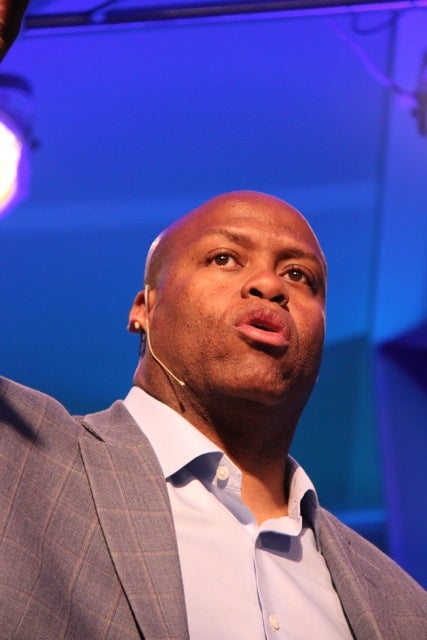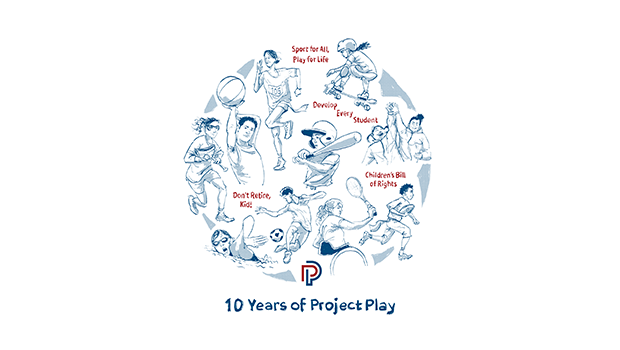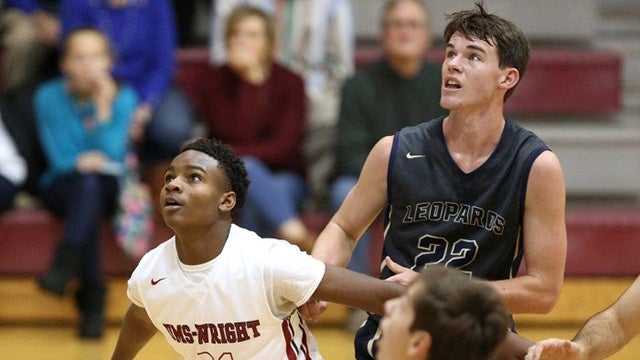It’s a simple chicken-or-egg question: Is the bad behavior we see in sports leading to the winning-at-all-costs attitude of Wall Street and Washington, or is it the other way around?
 Craig Robinson, who spent fourteen years working on Wall Street before becoming the head basketball coach at Oregon State University, says he “can’t tell you what came first, the behavior on Wall Street or the behavior in sports.” But, he said, he found the ethical decision-making to be similar, and lamented the recruiting and other scandals that are now a feature of the college sports landscape.
Craig Robinson, who spent fourteen years working on Wall Street before becoming the head basketball coach at Oregon State University, says he “can’t tell you what came first, the behavior on Wall Street or the behavior in sports.” But, he said, he found the ethical decision-making to be similar, and lamented the recruiting and other scandals that are now a feature of the college sports landscape.
When asked by moderator Jeremy Schaap, a writer and television reporter for ESPN, what it would take for athletic programs to improve their ethical decision-making, Robinson said aexecutive at a university had to take a long-term approach to development. “We (at Oregon State) inherited a program that wasn’t a program… so I have the benefit, the time to rebuild a program,” he said. “My boss is different than someone else’s boss. When you move into a situation where your president, fans, boosters, and television partners all want you to win immediately, then there is much more pressure to look at the short-term goals. I am trying to create a program, bring up players with integrity. I want to prove that it can be done. We’ll see if it can be done.”
William Mayer, the Institute’s chairman emeritus and a Wall Street veteran, said that change must start at the top. “You have to set the rules. People have to understand they need to play by the rules. If you don’t send that message, it won’t trickle down.” But NFL legend Jim Brown added, “the role models, the high profile figures, aren’t the entirety of the problem,” referring to the castigation of Roger Clemens and Lance Armstrong for their alleged use of performance-enhancing drugs. “You need to go after all of the people that have an influence on kids and teach them how to act.”

